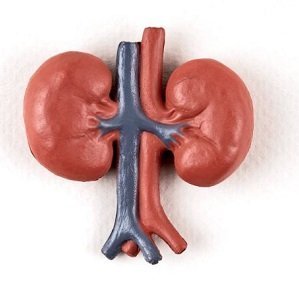Researchers have uncovered how two common gene variants in African Americans can lead to kidney failure, potentially paving the way for new therapies to address racial disparities in kidney disease. The study, led by Duke University School of Medicine, provides crucial insights into the APOL1 gene variants G1 and G2, which are significant risk factors for kidney disease among African Americans.
African Americans develop end-stage kidney disease at four times the rate of white Americans and represent over 30% of people on dialysis. The APOL1 gene variants, which evolved as a defense against African sleeping sickness, are present in 13% of African Americans. Approximately 20% of those carrying these variants will develop kidney disease in their lifetime.
Using mice and human cell lines, the researchers discovered that the APOL1 G1 variant damages kidney cells called podocytes by increasing sodium influx and potassium outflow. This triggers a cascade of events harmful to the kidney.
Dr. Opeyemi Olabisi, associate professor at Duke University School of Medicine and lead author of the study, stated, “Our study provides that insight” into how these variants work. The team successfully reduced kidney damage using an experimental molecule that blocks the APOL1 protein’s function.
The findings support ongoing therapeutic strategies and could lead to new treatment targets for APOL1-mediated kidney disease. Researchers hope these advancements will help reduce the disproportionate burden of kidney disease among African Americans.
See “KIDNEY DISEASE DISCOVERY COULD LEAD TO NEW THERAPIES FOR AFRICAN AMERICANS” (February 28, 2024)



